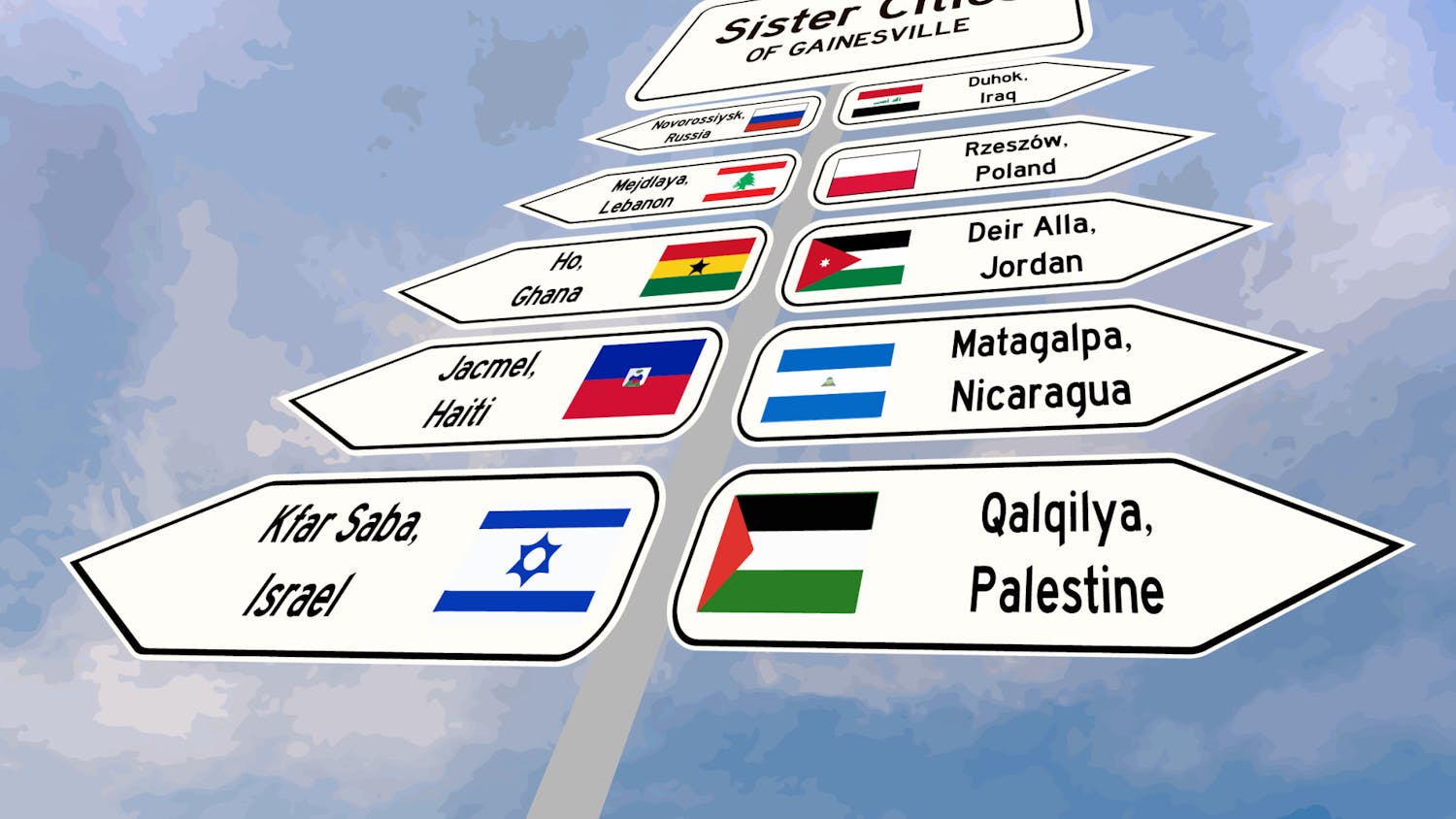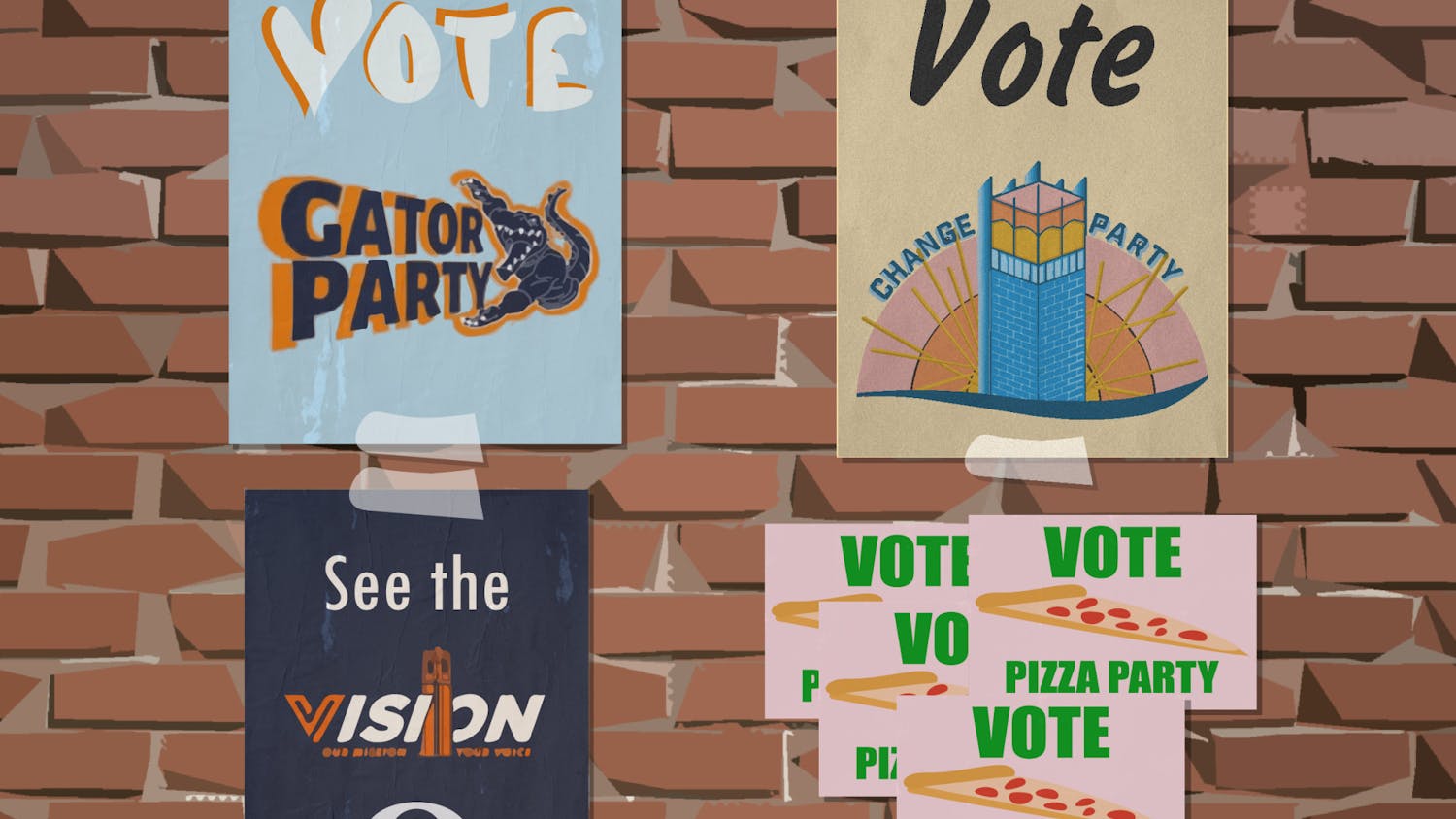The recent, tragic developments in the Israel-Palestine conflict are always front-page news. The struggles of the European Union offer promising articles. And for some reason, the media seems to be getting a kick out of the fact that all undergraduates in North Korea must cut their hair like that of their supreme leader, Kim Jong Un. I guess that’s what it takes to sell papers these days.
But when reading about international affairs, it is unbelievable to think about the present state of the human condition around the world. It is mind-numbing to realize how much war, unrest and poverty there is in our technologically advanced modern world. It pains me to ponder what the life a student my age in a war-torn part of the world — say, Syria, Somalia or Sudan — must be like.
The New York Times covered elections in Afghanistan thoroughly, and to no surprise, the country is still rocked with religious oppression and general strife. In an article, a quote from a young woman discussing the condition of women in her home country made an impression on me.
She said that in the recent past, “A woman wouldn’t even show her face to her brother-in-law living in the same house for 25 years. … People would joke that if someone kidnapped our ladies, we would have to find them from their voices.”
Americans — myself included — take our country for granted. Our daily worries and gripes abjectly pale in comparison to what our fellow men and women in other countries have to endure every day. It is a humbling feeling to contemplate this, and it begs the question: Am I truly trying to make a difference in this world?
To be a bit cynical, we have a lot to work with.
Think about this for a moment: Most of us at UF reading this newspaper were probably fortunate enough to win the birth lottery. We were born to the right parents in the right country. The lottery is something none of us can control. Its results are completely arbitrary. A reader of this article could have been born to parents in Mozambique instead of in Miami. If we were born of different circumstances, as this hypothetical suggests, how would we react to a world completely ignorant of our present situation? How would we handle living in the poorest of poor and most illiterate of places on Earth?
When you think about this, the world does not seem as big as it once did. Every person on this planet shares a common human experience though our human condition may be completely different.
As reasonable and compassionate human beings, we are supposed to be our brothers’ keepers. I am not saying it is the responsibility of our country or government to intervene on other people’s behalf or send scores of money in foreign aid to each distraught country. Instead, I am imploring us, as the future of the country and the world, to care about the condition of everyone on this planet.
We may be miles apart, but in this modern era, everyone is interwoven. One person’s actions hundreds of miles away from our shores might have a lasting impact on us. As young people, we have the unique ability to change the world as we see fit. The question is whether we will actually do that.
And only we can make that decision.
[Michael Beato is a UF economics sophomore. His columns appear on Wednesdays. A version of this column ran on page 7 on 4/9/2014 under the headline "News shows we are united by human experience"]





